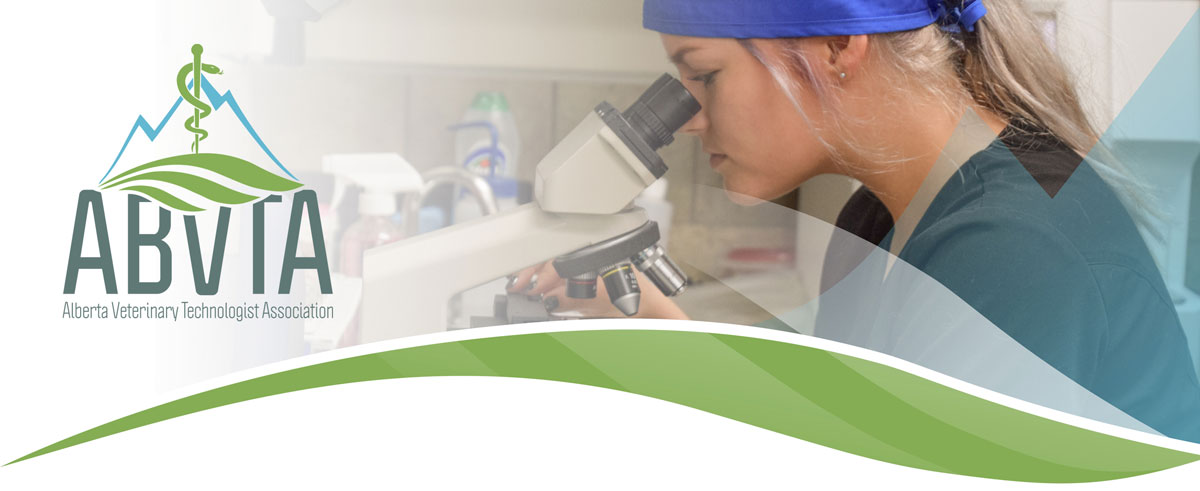The ABVTA is saddened to learn of the impact the Australian bushfires have had on our Australian brothers and sisters.
Many veterinary professionals in Australia have been displaced by the bushfires and sadly, the animals in the fire zones have been significantly impacted.
Below is an update from the Veterinary Nurses Council of Australia’s (VNCA)Board of Directors in regards to the bushfires as well as information on how you can help.
Thursday, January 9, 2020
Important update from the VNCA Board
In recent weeks, many of our colleagues in the veterinary sector have been significantly impacted by the fires throughout NSW, Victoria, South Australia and Tasmania – we offer our support to everyone in the affected areas. If your clinic or any team members have been impacted, we encourage you to take advantage of the support being provided by the AVA Benevolent Fund – contact them on members@ava.com.au.
Sadly, as many of you will be aware, animals in the fire zones have also been affected. The VNCA is supporting the AVA’s efforts to encourage a co-ordinated approach, both nationally and in each state, for those who wish to volunteer to assist.
How you can help:
Nationally, Vets Beyond Borders (VBB) have an Australian Veterinary Emergency Response Team (AVERT) volunteer database. VBB is in communication with the state departments of agriculture, state RSPCAs and state emergency coordinators in most states and territories across Australia during this current bushfire crisis and are on stand-by to offer volunteer lists. Veterinary team members who wish to volunteer with the AVERT program can register online at: https://www.vetsbeyondborders.org/programs/avert/
NSW: The response is coordinated by DPI’s Agriculture and Animal Services (AAS) which works with LLS to support NSW Rural Fire Service. AVERT have an arrangement with the AAS and are on stand-by. If you wish to volunteer in NSW we recommend you sign up at the AVERT website, and wait to be contacted.
VIC: Agriculture Victoria has a formal plan for paid veterinary assistance in these emergencies. You can register for the Victorian Bushfire Volunteer scheme here: https://www.surveymonkey.com/r/NDBDCGR
SA: The South Australian Veterinary Emergency Management Inc (SAVEM) was activated on the 21
December and have been operating in response to the fire since. Veterinarians and vet nurses wishing to join a SAVEM Activation must first complete mandatory training which is explained and outlined on the SAVEM website
All other states: If you wish to volunteer in another state, please sign up at the AVERT website. AVERT will issue regular updates and contact you when required.
Insurance: The VNCA recommends that you check with your practice’s insurance to ensure you are
covered to volunteer. Many practices have cover which extends to this work as long as this is formally
documented.
Resources for veterinary team members: The AVA website has resources for those assisting with the
bushfire crisis. This includes information on treating burnt and injured wildlife, companion animals and livestock. Link – www.ava.com.au/library-resources/other-resources/animals-and-natural-disasters/
This website page includes access to an AVA webinar on ‘Vet first responder and burn treatment aftercare’.
This webinar focuses on initial information that veterinarians or staff may need in the event that they are called upon to assist animals that have been affected by bushfires. There are two aspects of this, the vet first responder and the aftercare to treat burns.
The webinar includes a panel of government, livestock, wildlife and equine veterinarians to provide an
overview of what happens in a disaster and how vets can assist.
Information for the Public: The Vet Voice website, found at vetvoice.com.au, has resources that will assist animal owners and carers.
Donations: The VNCA along with the AVA are concerned for veterinary practices affected in fire ravaged regions, and their ability to continue to function and service the areas in which they are located. By donating to the AVA’s Benevolent Fund you will be assisting veterinarians and veterinary nurses who have been undertaking essential pro bono work to assist fire victims and ensure their continued ability to support their employees and community during this time.
Finally, but perhaps most importantly, ‘are you okay?’ In these traumatic times it is important that we
come together as a community and support each other – please know that you are a valued member of
the veterinary community. If you or someone you know needs assistance, please call Lifeline on 13 11
14.
On behalf of the VNCA Board, we encourage you to contribute to the recovery efforts where you can, and to look after yourself and those around you in these challenging times.
Kind regards
Jasmine Pengelly
President
